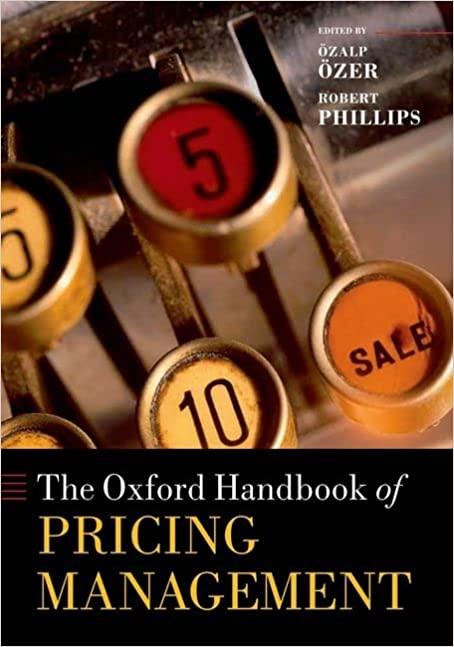1. (TCO 5) A group of employees in American Game Technology Inc., a manufacturer of gaming machines, got together to arrange a paper recycling drive in the office. Though they came from different departments, they shared a common belief in environmentalism, and often discussed issues related to environmental conservation. This is an example of _____. (Points : 5) scapegoating informal organization groupthink work specialization emotional contagion
| Question 2. 2. (TCO 5) Which of the following chain-of-command systems was developed to address the need to combine specialization with management control? (Points : 5) | Line organization Line-and-staff organization Agile organization Formal organization Informal organization |
| Question 3. 3. (TCO 5) In a furniture factory, one worker cuts the wood according to the design, another worker glues and screws the pieces together, and another worker stains and polishes the wood. This is an example of _____. (Points : 5) | core competencies decentralization work specialization chain of command centralization |
| Question 4. 4. (TCO 5) The number of workers who report directly to a manager is called the manager's _____. (Points : 5) | chain of command functional structure divisional structure span of management task force |
| Question 5. 5. (TCO 5) According to Frederick Herzberg's two-factor theory, which of the following factors acts as a motivator? (Points : 5) | Favorable working conditions Favorable company policies Increase in pay Job security Responsibility |
| Question 6. 6. (TCO 5) Which of the following theorists developed the three-needs theory of motivation that highlights needs for power, affiliation, and achievement? (Points : 5) | Douglas McGregor Abraham Maslow David McClelland Frederick W. Taylor Frederick Herzberg |
| Question 7. 7. (TCO 5) _____ connects an employee's efforts to the outcome he or she thinks will result from those efforts. (Points : 5) | Maslow's hierarchy Herzberg's two-factor theory David McClelland's three needs theory Expectancy theory Equity theory |
| Question 8. 8. (TCO 5) _____ suggests that employee satisfaction depends on the perceived ratio of inputs to outputs. (Points : 5) | Maslow's hierarchy Herzberg's two-factor theory David McClelland's three-needs theory Expectancy theory Equity theory |
| Question 9. 9. (TCO 5) The goal-setting theory of motivation suggests that _____. (Points : 5) | setting goals is unrelated to motivation in most employees setting goals is an effective way to motivate employees managers, not employees, need to set goals collaborative goal setting can undermine managerial authority employees should set their own goals without input from managers |
| Question 10. 10. (TCO 5) The process of attracting appropriate applicants for an organization's jobs is known as _____. (Points : 5) | delayering recruiting positioning downsizing onboarding |
| Question 11. 11. (TCO 5) Which of the following acts prohibits any form or testing that can be construed as a pre-employment medical examination? (Points : 5) | The Taft-Hartley Act The Landrum-Griffin Act The Wagner Act Americans with Disabilities Act Fair Labor Standards Act |
| Question 12. 12. (TCO 6) The sequence of activities that takes the longest time from start to finish in a PERT diagram is called the _____ path. (Points : 5) | external lagging minor critical buffered |
| Question 13. 13. (TCO 6) _____ refers to the creation of a unique good or service for each customer. (Points : 5) | Mass production Batch production Customized production Mass customization Standard production |
| Question 14. 14. (TCO 6) _____ refers to the creation of identical goods or services in large quantities. (Points : 5) | Mass customization Batch-of-one production Mass production Customized production Mass personalization |
| Question 15. 15. (TCO 6) Dell Computers allows customers to place orders online. The company produces major parts using bulk production and allows customers to personalize such features as software, color, memory size, and screen size. This type of manufacturing is an example of _____. (Points : 5) |
mass customization mass production customized production mass manufacturing batch-of-one production






